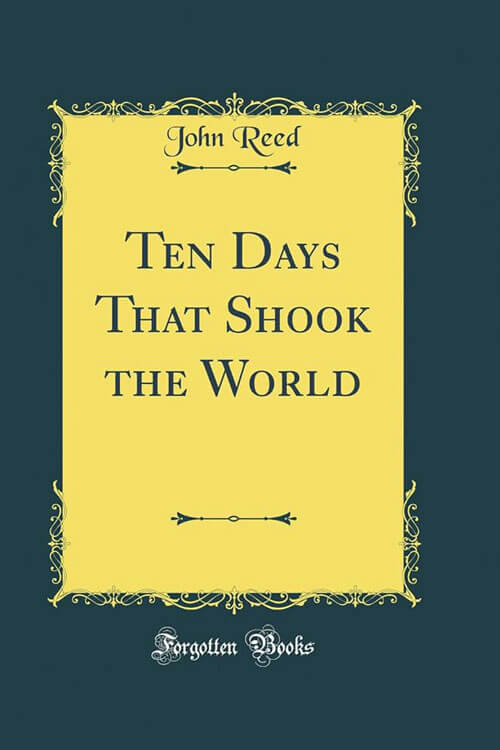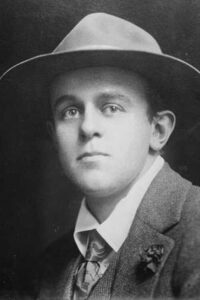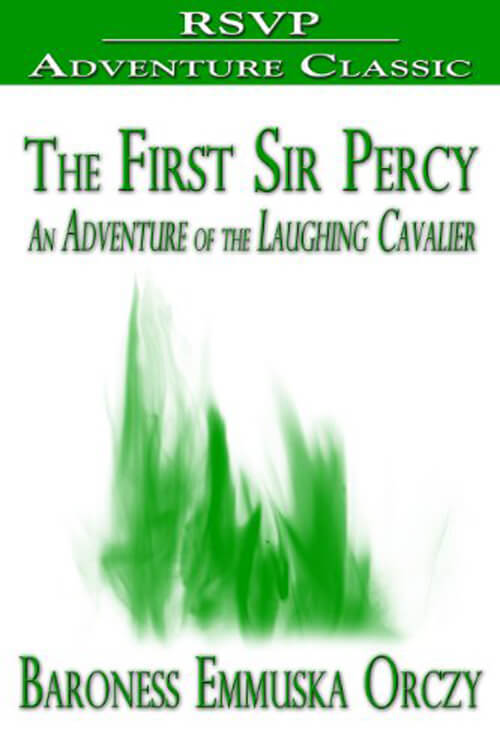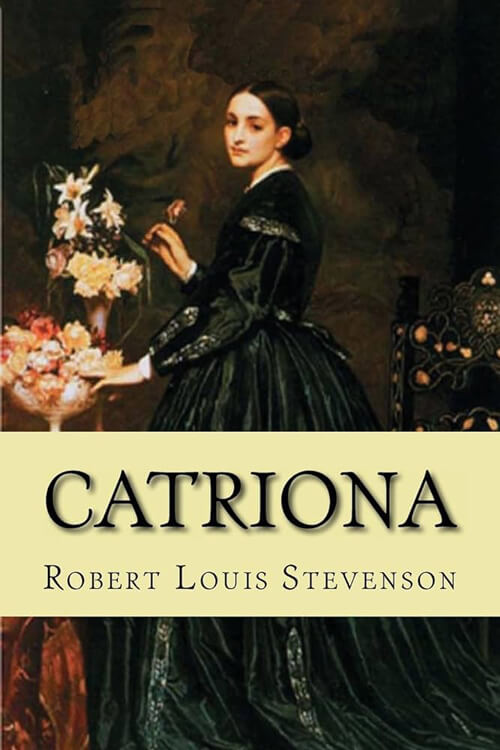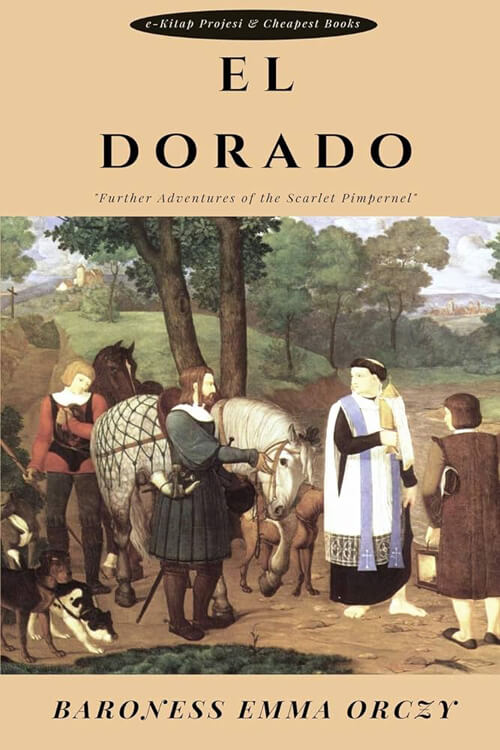
Ten Days That Shook the World
“They are cattle-_canaille,“_ he answered. “They will not dare; if they dare, they will soon be sent flying. From our point of view, it will not be bad, for then they will ruin themselves and have no power in the Constituent Assembly….
“But, my dear sir, allow me to outline my plan for a form of Government to be submitted to the Constituent Assembly. I am chairman of a commission appointed from this body, in conjunction with the Provisional Government, to work out a constitutional project…. We will have a legislative assembly of two chambers like you have in the United States. In the lower chamber will be territorial representatives; in the upper, representatives of the liberal professions, zemstvos, Cooperatives-and Trade Unions….”
Outside, a chill, damp wind came from the west, and the cold mud underfoot soaked through my shoes. Two companies of yonkers passed swinging up the Morskaya, tramping stiffly in their long coats and singing an old-time crashing chorus, such as the soldiers used to sing under the Tsar…. At the first cross-street, I noticed that the City Militiamen were mounted and armed with revolvers in bright new holsters; a little group of people stood silently staring at them. At the corner of the Nevsky, I bought a pamphlet by Lenin, “Will the Bolsheviki be Able to Hold the Power?” and paid for it with one of the stamps that did duty for small change. The usual streetcars crawled past, citizens and soldiers clinging to the outside to make Theodore P. Shonts green with envy…. Along the sidewalk, a row of deserters in uniform sold cigarettes and sunflower seeds….
Read or download Book
John Reed
John Silas Reed (October 22, 1887 – October 17, 1920) was an American journalist, poet, and communist activist.
Biography.
Reed first gained prominence as a war correspondent during the Mexican Revolution for Metropolitan and World War I for The Masses. He is best known for his coverage of the October Revolution in Petrograd, Russia, which he wrote about in his 1919 book Ten Days That Shook the World.
Reed supported the Soviet takeover of Russia, even briefly taking up arms to join the Red Guards in 1918. He hoped for a similar Communist revolution in the United States and co-founded the short-lived Communist Labor Party of America in 1919. He died in Moscow of spotted typhus in 1920. At the time of his death, he may have soured on the Soviet leadership, but the Soviet Union gave him a hero’s burial and made him one of only four Americans buried at the Kremlin Wall Necropolis.
Career
Journalist
Reed had determined to become a journalist and set out to make his mark in New York. Reed used a valuable contact from Harvard, Lincoln Steffens, who was establishing a reputation as a muckraker. Steffens quickly appreciated Reed’s skills and intellect and landed an entry-level position for his young admirer in The American Magazine. Reed read manuscripts, corrected proofs, and helped with the composition. Reed supplemented his salary by taking an additional job as the business manager of a new short-lived quarterly magazine, Landscape Architecture.
A native of Oregon, John Reed made New York City the base of his operations.
Reed made his home in Greenwich Village a burgeoning hub of poets, writers, activists, and artists. He came to love New York, relentlessly exploring and writing poems about it. His formal jobs in the magazines paid the rent, but it was as a freelance journalist that Reed sought to establish himself. He collected rejection slips, circulating an essay and short stories about his six months in Europe, eventually breaking through in The Saturday Evening Post. Within a year, Reed had other work accepted by Collier’s, The Forum, and The Century Magazine. One of his poems was set to music by composer Arthur Foote. The editors at The American came to see him as a contributor and began to publish his work.
Steffens and Ida Tarbell first aroused Reed’s profound interest in social problems. He moved beyond them to a more radical political position than theirs. In 1913, he joined the staff of The Masses, edited by Max Eastman. Reed contributed over 50 articles, reviews, and shorter pieces to this socialist publication.
Legacy
Reed’s interpretation of popular culture has varied. Some, such as biographer Robert A. Rosenstone, have called him a romantic, while Upton Sinclair derided him as a “playboy of the revolution”. For the Communist movement to which he belonged, Reed became a symbol of the international nature of the Bolshevik revolution, a martyr buried at the Kremlin wall amid solemn fanfare, his name to be uttered reverently as a member of the radical pantheon. Others, such as his old friend and comrade Benjamin Gitlow, claimed that Reed had begun to shun the bureaucracy and violence of Soviet Communism toward the end of his life. They sought to enlist Reed in their anti-communist cause posthumously.

